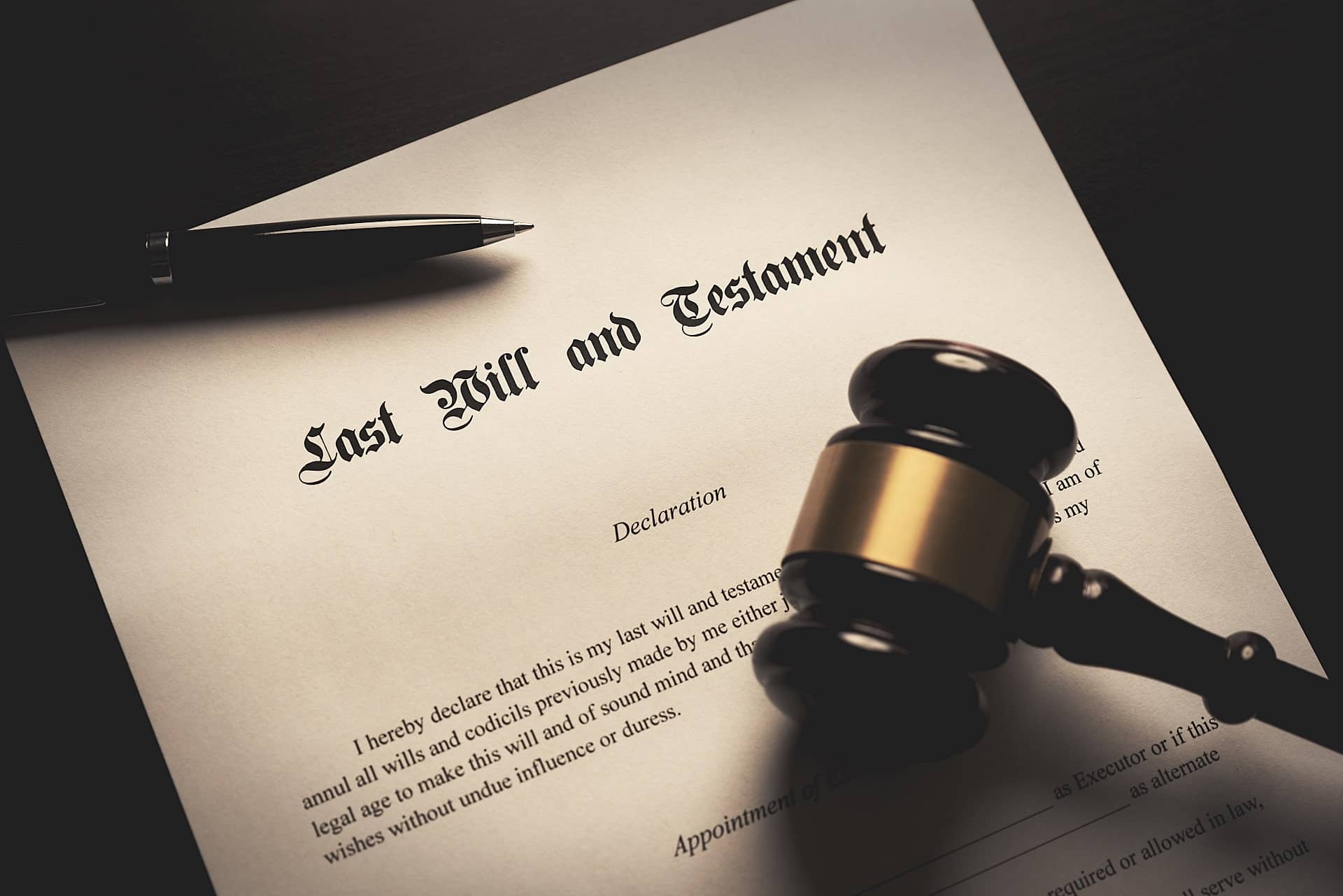
Losing a loved one is hard. The grieving process can be long and arduous, and it can take many months or years before the sting of loss is finally dulled. Unfortunately, life continues to give you tasks and responsibilities regardless of how you feel. Never is this more true than when it comes to probate law.
What Is Probate?
Your loved one’s debts and possessions must be settled in a legally appropriate way. That’s where probate court comes in. Probate is the process of distributing a deceased person’s estate to their debt holders and beneficiaries in a way that aligns with their last wishes. All of the deceased’s legal property is gathered and inventoried, debts are paid, and then everything left over is divided among their heirs.
What If There’s No Will?
In ideal cases, prior to the end of their life, the estate holder will set up a will and a personal representative. The personal representative will be in charge of making sure that what the will dictates comes to pass. If the estate holder dies with no will or personal representative, the court must appoint a representative, and the property will be divided evenly between their heirs.
Is Probate Required If There Is A Will?
Yes. Probate is required in most situations when an estate owner dies. Whether there is a will or not, some form of probate is most likely required. Small estates have a simplified version of probate, and we’ll discuss those cases in a later section. There are also ways for an estate holder to avoid probate entirely. This is done by planning and managing each piece of property individually. When probate is avoided, the property in question is transferred directly to the descendants without a lengthy process.
How To Avoid Probate
Avoiding probate is a handy way of ensuring your descendants receive your property quickly and without many court proceedings. The best way to achieve this is by setting up a living trust and placing all your property into it. Any property not listed in the trust will still have to go through probate court. To transfer ownership of items into the living trust, you must change the owner of all titles and deeds out of your name and into “the living trust of (your name).” Trusts can also work differently than wills in that you can create special stipulations for how and when your descendants receive your property. For instance, you can insert language into a trust that ensures your child only receives their inheritance once they’ve reached the age of 18.
Another way to avoid probate is to name a beneficiary on assets such as bank accounts, retirement accounts, and life insurance policies. Also, any item dually owned will be left to the remaining account holder. For instance, if you and your wife are both listed as owners of your house, she will inherit full ownership upon your death. There will be no need for probate in this situation. So to avoid probate on other properties or accounts, dual ownership or naming a beneficiary is highly encouraged.
Is Probate Always Necessary?
The complexities of probate are based on the size of the estate and how many items must be counted and distributed. Real estate must be probated unless owned jointly or listed in a living trust. If your estate is worth less than $75,000, your heirs may be able to avoid complex probate by signing an affidavit for the collection of personal property. This is a simplified version of probate. Your heirs will have to wait 30 days to collect your property.
If you own real estate in your name alone or your estate is worth more than $75,000, probate will be necessary. Even if your estate is smaller than $75,000, you can still use a living trust to make sure your descendants are paid right away. This is particularly helpful when it comes to covering your own funeral costs if your family is unable to bear the burden alone.
Types of Probate
There are two types of probate. The first is formal probate which involves a judge making determinations about the future of the property. This is usually only required for large, complex estates or estates without much planning prior to the estate holder’s death. Aretha Franklin famously died with no will in place and an estate estimated at over 80 million. Her four sons spent years waiting for formal probate before they could collect their inheritance.
Informal probate, by contrast, is handled primarily by the personal representative. When estates are organized and beneficiaries are named, the process moves much faster.
Whether you are an estate holder looking to streamline your probate process, or a descendant seeking to honor your loved one’s last wishes, Waldron Law Offices, Ltd. can help. Call us today at (952) 471-0940.






